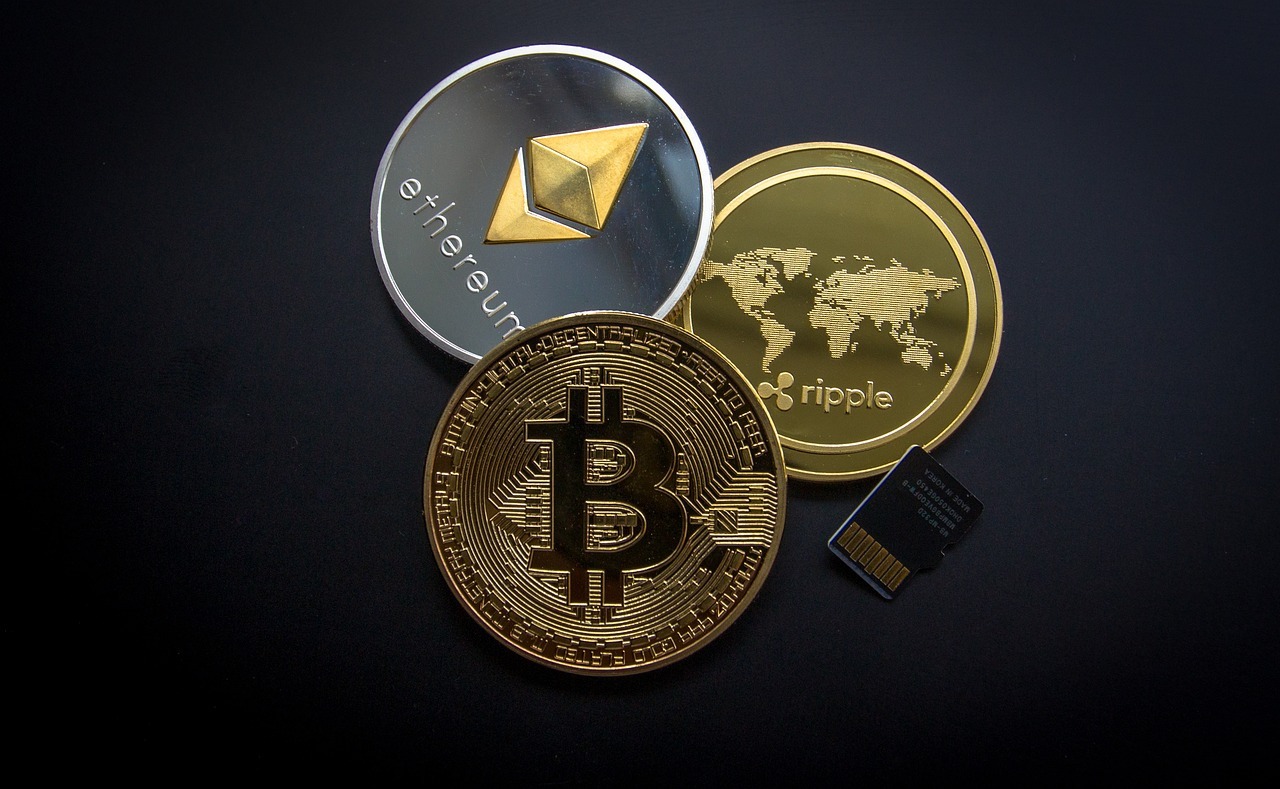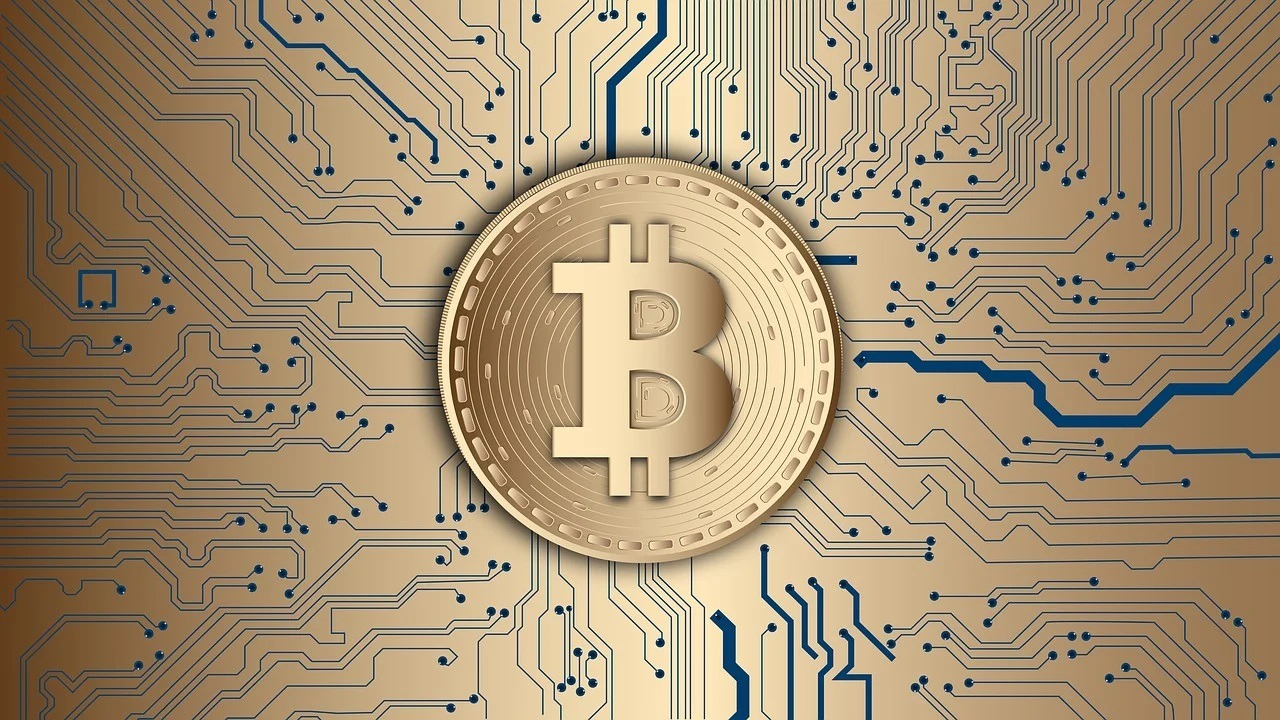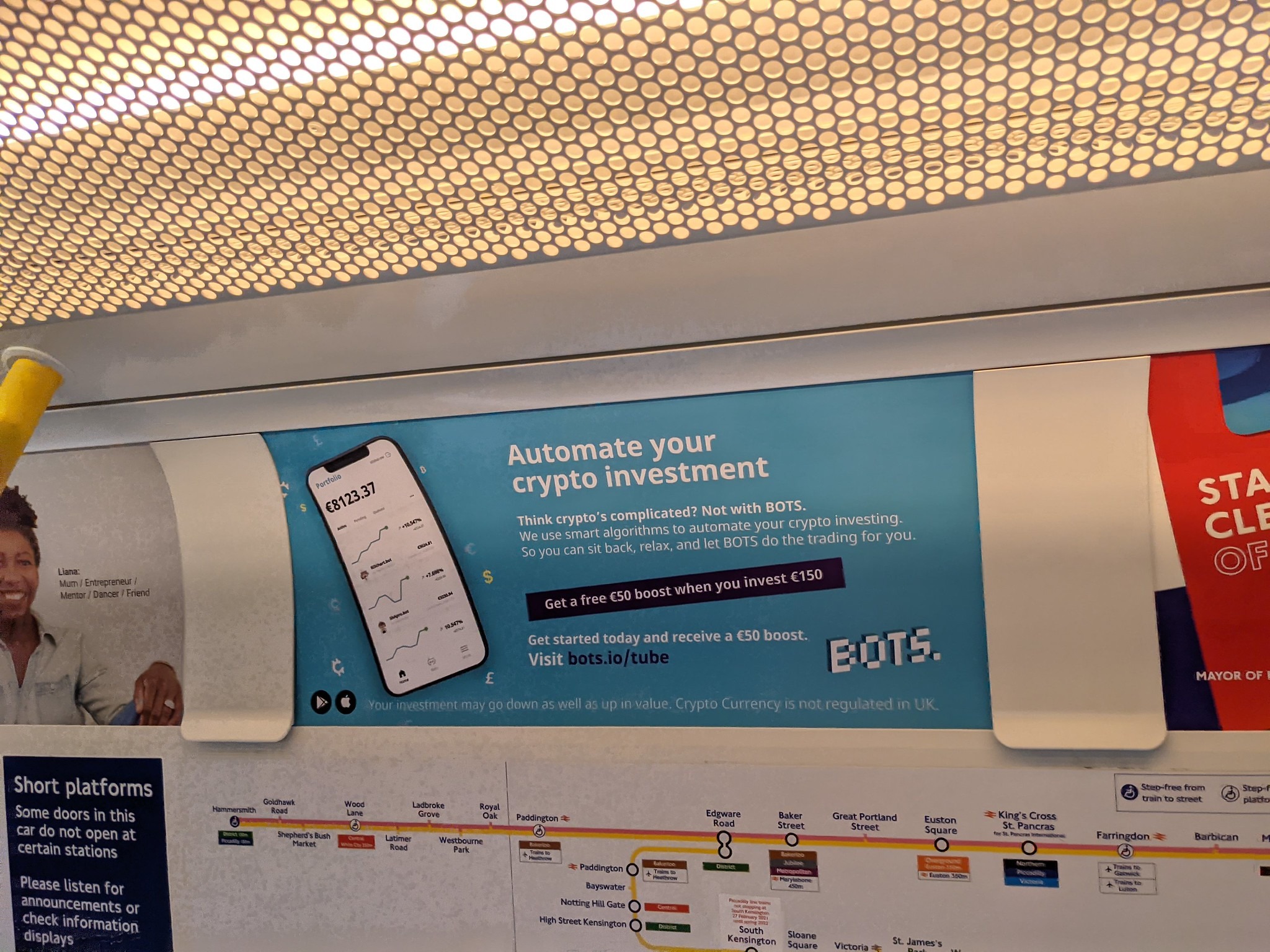International
- International call for robust regulation and supervision of crypto assets: The Financial Stability Board (FSB) of which India is a member issued a statement amid the recent volatility in the crypto market, stressing the need for robust regulation and supervision of crypto assets. The FSB is an international body of senior policy makers, regulators and central bankers from the G-20 countries which monitors and makes recommendations on the global financial system. The FSB had earlier warned of risks to global financial stability from crypto assets. FSB wants crypto asset providers to comply with regulations that apply to players in the traditional financial system on the principle of “same activity, same risk, same regulation”.
The FSB statement calls on its members to implement international standards such as the Financial Action Task Force (FATF) recommendations. The FATF recommendations require that virtual asset service providers be regulated for anti-money laundering and countering the financing of terrorism (AML/CFT) purposes, that they be licensed or registered, and effectively monitored or supervised. India will have to keep these requirements in mind and build a supervision mechanism for crypto transactions. These requirements are bound to bring about strict regulations and restrictions for the industry. Meanwhile, India’s recent cyber security directions already require crypto providers, exchanges, wallets to collect and store information about customers similar to a KYC (Know Your Customer) requirement and also maintain records of financial transactions for a 5-year period in such a way that individual transaction can be reconstructed along with the relevant elements. These requirements have already been criticised as overbroad and concerning for user privacy.
Legislation
- Global consensus required before regulating crypto: The Indian Finance Minister told Parliament that the Indian central bank was in favour of banning cryptocurrencies, but added that regulation or banning of cryptocurrencies could be effective only after “significant international collaboration” on its risks, benefits and standards.
This suggests that the government is unlikely to make a unilateral decision to ban cryptocurrency in the near future and will instead, wait for a global consensus on the subject. This also mirrors the Prime Minister’s call for international collaboration to regulate cryptocurrency. With the government not in a rush to lay down the law, we can expect the regulatory uncertainty around crypto to continue for some time.
- No law prevents startups from crypto or Web3 innovation: In an interview with Inc42, Rajeev Chandrasekhar, union minister of state for IT, stated that there is no law preventing innovation in the crypto or web3 space, while answering a question on whether there is any delay in announcing laws/policies to promote web3/ crypto innovation. He stated that illegalities arise when crypto-exchanges or crypto-brokers act in violation of foreign exchange rules and operate without getting permissions from SEBI and RBI.
Tax
- GST on virtual asset transactions: Reports suggest that the government aims to bring clarity on indirect tax on virtual asset transactions (including mining and airdropping). The Finance Ministry plans to define the characteristics and use of cryptocurrencies and clarify how they fit into the Goods and Services Tax (GST) framework. The applicable rate of GST will depend on this classification. Reports preliminarily suggest that a new GST slab (between 18-28%) may be created for virtual asset transactions. Currently, the service fee levied by exchanges on virtual asset transactions is already subject to GST. But there is also a suggestion to defer a decision on taxability of cryptos and other VDA till a law on crypto is put in place. Some stakeholders believe that a GST charge overlayed on the income tax and TDS requirements will “finish the industry.” There is a view taken by some tax consultants that even at present there is a marginal risk of crypto transactions being subject to GST. A famous Indian celebrity has already been issued with a notice to pay GST at 18% on the sale of his NFTs.
Enforcement/ Investigations
- Enforcement Directorate (ED) unfreezes WazirX’s bank accounts: The ED reportedly granted WazirX, a cryptocurrency exchange, permission to use its bank accounts again. The ED is investigating money laundering through crypto exchanges. The unfreezing of WazirX’s accounts reportedly results from (a) WazirX’s cooperation in sharing all documents related to suspicious accounts and (b) WazirX having already flagged and blocked suspicious user accounts. The ED had, frozen WazirX’s accounts earlier, alleging that WazirX had assisted in money laundering.
- Cryptocurrency exchanges are being investigated for alleged money laundering. According to reports, the Enforcement Directorate (ED) is investigating at least 10 cryptocurrency exchanges for laundering more than INR 1,000 crore. The ED is currently tracing how instant loan apps (many having a Chinese connection) might have sent proceeds of alleged criminal activities out of India. The ED raided five premises linked to CoinSwitch Kuber. Yellow Tune Technologies Private Limited (an entity associated with the accused NBFCs and fintechs) in laundering illegal proceeds (through the crypto route). It also ordered freezing of fiat and crypto balances worth INR 370 crores of Technologies Private Limited held with Flipvolt Technologies Private Limited (the Indian entity of Vauld).
CBDC
- CBDC-retail trials (e₹) : The CBDC-retail segment pilot was launched on 1 December 2022. The platform is being hosted by the National Payments Corporation of India (NPCI). RBI wants each bank to test CBDC-retail with 10,000 to 50,000 users, and has designed the system to make it interoperable with existing payment systems. Some of banks taking part in the trial project include- State Bank of India, Bank of Baroda, Yes Bank, ICICI Bank, HDFC Bank. Read more about the e₹ pilot here.
- Anonymity achieved in all retail Central Bank Digital Currency (CBDC) wallet-to-wallet dealings so far: Reportedly, all wallet-to-wallet transactions of the CBDC in the retail segment remain anonymous, and do not get reflected in the core banking system. This feature will boost customer confidence to use the digital rupee. While the RBI will know the aggregate retail CBDC in circulation – it will not know who owns how much of the retail transaction.
- India’s Central Bank Digital Currency (CBDC) makes start in real-time trades: Government securities to the tune of INR 275 crore were traded using the RBI’s CBDC, as part of a pilot project in the wholesale segment on 1 November 2022. The RBI opened a new platform called ‘Negotiated Dealing System- Order Matching (NDS-OM) CBDC’ for select banks to conduct transactions of government securities amongst themselves. Selected banks included State Bank of India, Bank of Baroda, HDFC Bank, ICICI Bank, Kotak Mahindra Bank, amongst others. Some of the benefits accruing from this transaction are: no intermediary risk as banks are dealing directly with RBI, CBDC-wholesale transactions are free, interbank market is more efficient. Future pilot projects are expected deal with other kinds of wholesale transactions and cross-border payments.
- Confederation of all India traders (CAIT) to launch nationwide campaign to promote digital rupee: CAIT, welcoming RBI’s move to introduce the retail version of the digital rupee, declared that it will launch a nationwide movement amongst the trading community to adopt and accept the digital rupee as a mode of payment in business.
G20
- Crypto-assets and CBDC on India’s G-20 agenda: The agenda for G-20’s finance track under India’s presidency reportedly includes crypto-asset regulations and CBDC. The G-20’s Financial Stability Board is working on draft crypto regulations that can be adopted by member countries. Another priority is CBDCs and their use on a global scale, especially for cross- border payments.
Investments
- Investors move towards web 3.0 gaming investments: According to venture investment research firm Tracxn, web 3.0 gaming firms in India raised USD 620.5 million in 2022 across 32 deals, which represents a sixfold jump from USD 115.3 million raised across 39 deals last year. This comes in spite of a funding winter plaguing startups worldwide.
States
- Telangana government launches web 3.0 regulatory sandbox: The government of Telangana has launched a web 3.0 regulatory sandbox that permits local and international firms or innovators to test their products in a ‘live’ environment. The regulatory sandbox will help firms in navigating the regulatory space and provide a definite structure to their product testing process thus improving efficiency. The sandbox may also help the regulators identify the regulatory barriers to beneficial innovation.
Miscellaneous
- Indian Web3 industry forms a new association: Indian web3 companies have formed a new association called Bharat Web3 Association (BWA). The members include WazirX, CoinDCX, CoinSwitch Kuber and Coinbase but also non-exchange companies like Hike and Polygon. The previous industry body, Blockchain and Crypto Council of India (BACC), was dissolved by the Internet and Mobile Association of India earlier this year. Unlike BACC, BWA has a broader vision and includes more verticals in the Web3 space like NFTs, gaming, etc, which is sensible from a policy advocacy standpoint.
- Central government to launch awareness campaign on crypto and online gaming: Reportedly, the Investor Protection and Education Fund (IPEF), under the ministry of corporate affairs, will launch outreach and awareness campaign highlighting the legal status of cryptocurrencies and online gaming platforms. The campaign will look to educate people about the risks associated with such platforms. This is the first time that the IPEF is carrying out a campaign on digital assets.
- Indian crypto-space after FTX collapse: In the aftermath of the collapse of FTX, Indian crypto exchanges like CoinSwitch and CoinDCX, have stated that they are implementing transparency measures to win back investor confidence. Some measures include publishing of ‘proof of reserve funds’, ‘proof of liability’ and founders’ declarations that the assets are greater than their liabilities.
For more on the topic, please feel free to reach out to us at contact@ikigailaw.com










